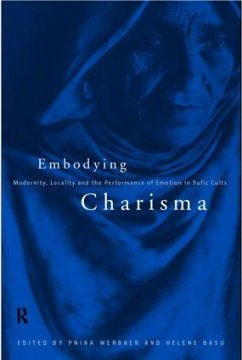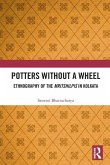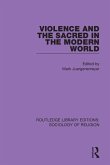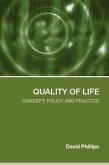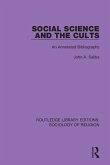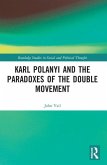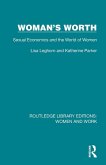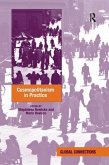The continued vitality of Sufism as a living embodied postcolonial reality challenges the argument that Sufism has 'died' in recent times. Throughout India and Bangladesh, Sufi shrines exist in both the rural and urban areas, from the remotest wilderness to the modern Asian city, lying opposite banks and skyscrapers. This book illuminates the remarkable resilience of South Asian Sufi saints and their cults in the face of radical economic and political dislocations and breaks new ground in current research. It addresses the most recent debates on the encounter between Islam and modernity and presents important new comparative ethnographic material. The collection of essays, ranging from historical analysis of the colonial and post-colonial period to the management of shrines and religious centre, will be essential reading to students of Islamic and South Asian Studies as well as those with an interest in sociology and world religions.
Hinweis: Dieser Artikel kann nur an eine deutsche Lieferadresse ausgeliefert werden.
Hinweis: Dieser Artikel kann nur an eine deutsche Lieferadresse ausgeliefert werden.

